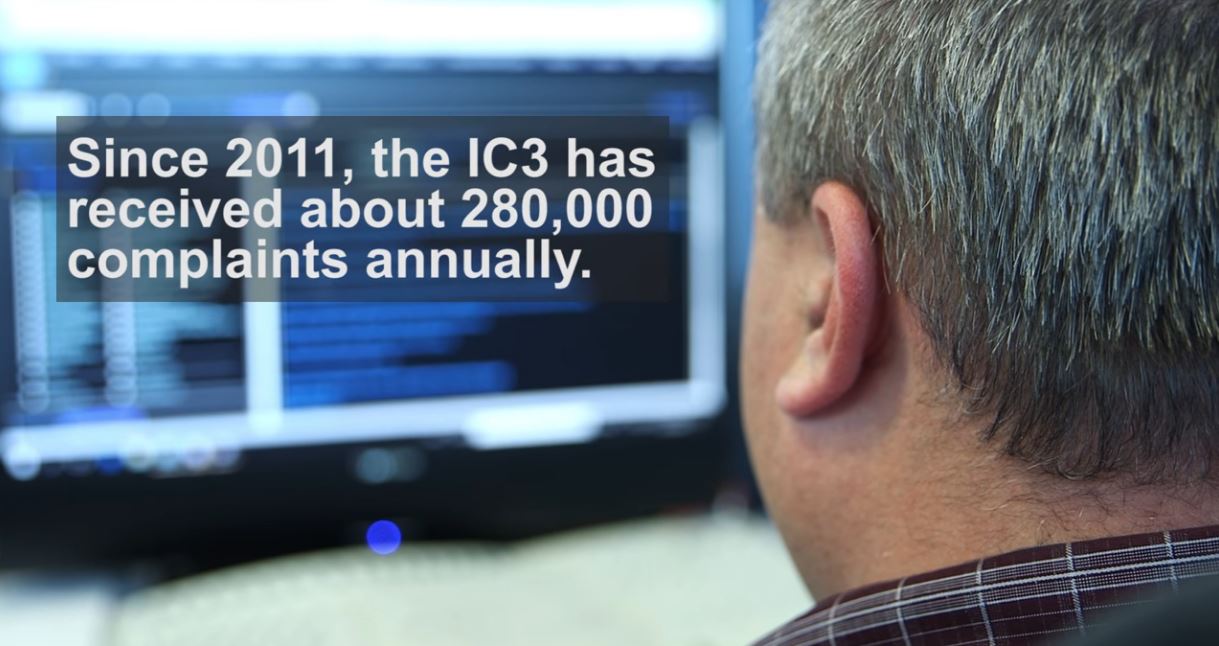In a digital, modern age, cybercrime is a terrifyingly prevalent reality. Cybercrime translates as any felony carried out through the internet or from a computer, but it encompasses a lot more than that. Fraud, hacking, identity theft, credit scams, and ‘skimming’ are just some of the ways that internet criminals take money, time, and data from unsuspecting and hardworking Americans.
Just recently, my father was the victim of an advanced cybercrime scheme based in China. All contracting, contact, internal, accounting, and project data were wiped from internal servers. The hackers then proceeded to try and blackmail over $100 000 from the company for return of this data. And this was with an advanced security system. One month later and the company is still struggling, as all software, hardware, and servers need to be rebuilt by backend engineers. In short, cybercrime can be a nightmare.
This case study may seem like an extenuating factor. Unfortunately, it’s not. To put cybercrime in perspective, here are the facts: 32.7% of U.S. internet users have had their social media or email account hacked in 2019; in 2018, IC3 reported more than $2.7 billion dollars were lost to cybercrime; fraud and Identity theft is the most common form of cybercrime; 14.4 million U.S. consumers were victims of identity fraud in 2018.
These unfortunate statistics means that cybercrime is increasingly common. The FBI reports steady rises in fraudulent online activity since 2015. More crime means more loss of privacy, monetary funds, and faith in our online security. So what should you do if you are the victim of a cybercrime?
How do I know if I am the victim of a cybercrime?
Cybercrime can feel ambiguous. Like most things on the internet, chats, behaviour, and anonymity keep legal lines fluid. The reality of cybercrime is that perpetrators depend on this. They want you to question whether or not you’re a victim.

Ask yourself, am I being systematically bullied or online-stalked? This behaviour can look like regular emails or abusive messages across several platforms and from different accounts. It may be attacking your business website with spam, malware links, offensive messages, or repeat phone calls.
Have my accounts been tampered with? Maybe your Facebook is hacked; perhaps errant transfers are occurring from your banking details; maybe you receive alerts from your credit monitoring service about changes made to your withdrawal or account settings. The best you can do is report it.
Do I see my data, photographs, or details on unauthorised sites or platforms? Hackers and phishers use backend web access to steal personal information and often post these on the dark web or unmoderated chats, online billboards, or discussion sites.
Should I report a cybercrime? Yes. Cybercrime is still a felony, even if it happens through the internet. The perpetrator might be anonymous, online, and in another state or country, but it is your right and duty to report a cybercrime. The first step is to file a report with the appropriate law enforcement.
Who should I contact about cybercrime?
There are several options for CyberCrime reporting.
Contact Local Law Enforcement
Cybercrime is, unfortunately, usually a multi-jurisdictional event. However, local police should help you, take a formal report, and make appropriate referrals. The sooner they know about the crime, the quicker they can act to help you and seek justice.
The Internet Crime Complaint Center (IC3)
The IC3 is an FBI partner that works solely on internet crime. They thoroughly review and evaluate complaints and act to refer cases to federal, state, and international regulatory agencies. You can submit these claims online. Before you begin, have details of the victim’s name, email, address, telephone, financial transaction history, and details of the circumstance readily available.

via YouTube (IC3)
Dealing with IC3 can be time-consuming, so it’s best to shut down and change your passwords, accounts, and credit details until the matter is adequately dealt with.
If your complaint is time-sensitive, it’s best to contact local law enforcement for most immediate action concerning your safety.
Federal Trade Commission
The FTC doesn’t handle individual complaints but does work with a secure online database to detect data patterns that leads to prosecutions down the track. This database is called the Consumer Sentinel and can link up crime patterns that lead to investigations. They also provide additional help on the FTC hotline.
How to file a complaint?
Contact one of the services listed above or use a free help service to direct you to the right place. To file a complaint, the first thing you will need is evidence. It is crucial, soon as you notice any discrepancies or crime, to start compiling and gathering evidence. Screenshot, download and store these documents in a safe and secure place. If you cannot guarantee the security of an online storage area, try downloading as PDF or offline documents, or printing and keeping hard copies of evidence.
Evidence may include: log files (dated, timed, and with the time zone); money order receipts; phone bills; email records; web page screenshots or copies; and credit card transaction history.
Other Resources
If you still need help or are looking for specific crime groups, we have included additional resources below.
APWG
This organisation reports researches into and provides support for, victims of phishing activity. They run specialised task forces into cryptocurrency protection and phishing activity trends. They can’t always deliver practical solutions in the short term; however, their research and database can help compile wholistic data to prosecute the phisher and prevent future crimes.
The Office of the Inspector General: Social Security
The OIG specialises in Social Security fraud and will assess claims for actionable justice. They cannot provide updates or status reports, but do have a team of investigators dedicated to this subsection of cybercrime.
Identity Theft Resource Center
The ITRC is a non-profit organisation aimed to support identity theft victims. They have step by step guides for specific claims to big companies, e.g. like Equifax, and offer live chat and phone line support and assistance. They also provide a running list of common or proven scams, which is worth checking up on to protect yourself and your family.
StopFraud.gov Victims of Fraud Resources
This taskforce specialises in all subsections of online fraud, including grant, mortgage, and pension fraud. The taskforce directs cases to specialised institutions and compiles research into fraud.
Closing thoughts
Cybercrime is a terrifying actuality and a growing threat in our globalised world. Dealing with cybercrime can be disheartening, stressful, and time-consuming. If you can, we recommend researching ways to protect yourself before you become a victim. Protection could mean using a credit monitoring service, using anti-malware, running regular internet footprint and identity checks, or just regularly changing your password. If, however, you do find yourself a victim of cyber crime, report it. Seek justice, and we hope that this guide helps you get through this challenging situation.

